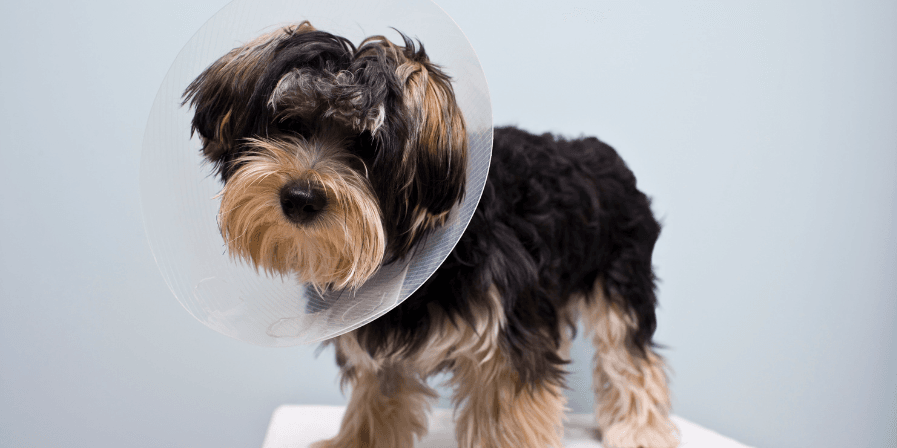How to Prevent Your Dog From Getting Pregnant

Preventing your dog from getting pregnant involves a combination of responsible pet ownership, effective contraception methods, and close supervision. Here are several strategies to help ensure your dog doesn't have an unwanted pregnancy:
Preventing your dog from getting pregnant involves a combination of responsible pet ownership, effective contraception methods, and close supervision. Here are several strategies to help ensure your dog doesn't have an unwanted pregnancy:
- Spaying (Ovariohysterectomy) The most effective and permanent way to prevent your dog from getting pregnant is to have her spayed. This pet surgery procedure involves removing the ovaries and uterus, which eliminates the possibility of pregnancy and provides other health benefits such as reduced risk of certain cancers and infections.
Benefits of Spaying: • Prevents pregnancy permanently. • Reduces the risk of uterine infections and breast tumors. • Eliminates heat cycles, reducing associated behaviors and mess.
- Keep Your Dog Indoors During Heat If your dog is not spayed and goes into heat, keeping her indoors is crucial. Male dogs can detect a female in heat from miles away and will attempt to reach her. Tips: • Limit outdoor time: Only let her outside on a leash and supervised. • Secure your home: Ensure fences and gates are secure to prevent male dogs from getting in.
- Supervise Outdoor Activities Always supervise your dog when she is outside, especially if she is in heat. This helps prevent unplanned encounters with male dogs.
- Use Dog Diapers Dog diapers can help manage the mess associated with heat cycles and may provide a physical barrier, though they are not a foolproof method of preventing pregnancy.
- Separate From Male Dogs If you have male dogs at home, keep them separated from your female dog during her heat cycle. This may require keeping them in different parts of the house or using barriers such as gates.
- Consider Temporary Contraceptives There are medical options available for temporary contraception. Consult with your veterinarian about medications or injections that can prevent pregnancy. These are usually less common and not recommended for long-term use due to potential side effects.
- Monitor Heat Cycles Understanding your dog’s heat cycle can help you manage and prevent accidental breeding. A typical heat cycle lasts about three weeks and occurs every six to eight months. Signs of Heat: • Swelling of the vulva • Increased urination • Behavioral changes, such as increased affection or restlessness • Bloody discharge
- Microchipping and ID Tags While microchipping and ID tags won't prevent pregnancy, they are essential for recovering your dog if she escapes. Always keep her identification up-to-date.
- Consult Your Veterinarian Regular veterinary check-ups are essential for your dog’s overall health. Discuss with your vet the best methods of preventing pregnancy, especially if spaying surgery is not an option due to health reasons or other considerations.
FAQ’s:
-
Is spaying safe for my dog? Spaying surgery for dogs is a common and generally safe procedure when performed by a qualified veterinarian. Like any surgery, it carries some risks, but the benefits usually outweigh them. Discuss any concerns with your vet to make an informed decision.
-
At what age should I spay my dog? The ideal age for spaying varies. Consult your veterinarian to determine the best timing based on your dog’s health and breed-specific factors. Summary Preventing your dog from getting pregnant involves a proactive approach combining surgical options, close supervision, and understanding your dog's reproductive cycle. Spaying is the most effective method, but for unspayed dogs, careful management during heat cycles and secure environments are critical. Always consult with your veterinarian to make informed decisions about your dog's reproductive health.
For bookings and inquiries, reach out to us at 9311560101 or www.dccpets.in. You can also visit our clinics for pet consultation in Delhi, Gurgaon and Noida.


 How can we help?
How can we help?